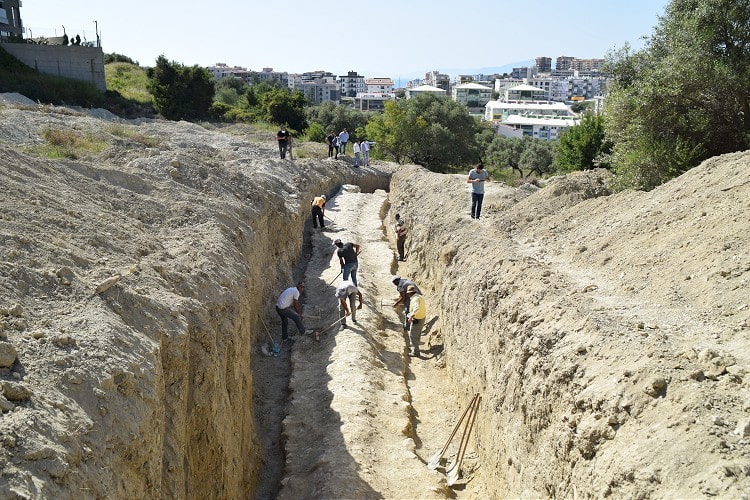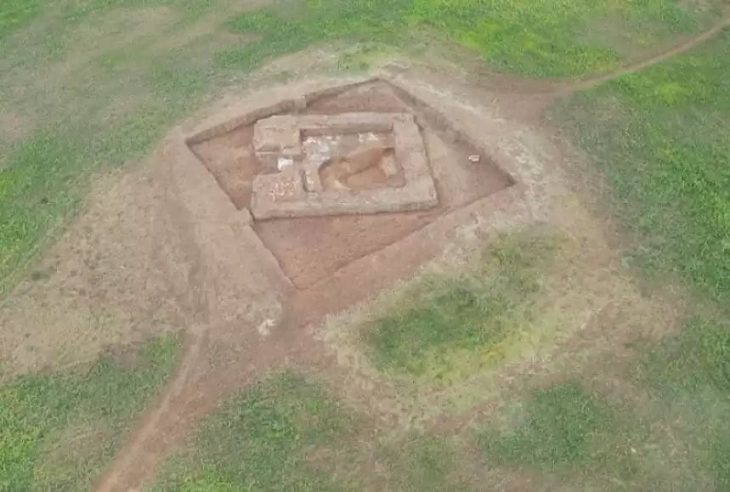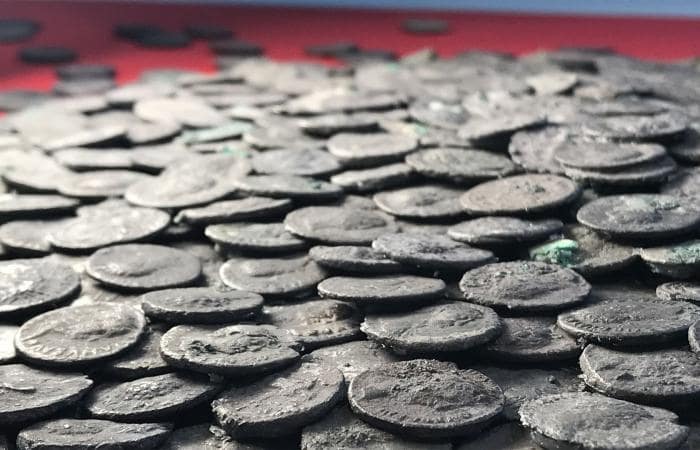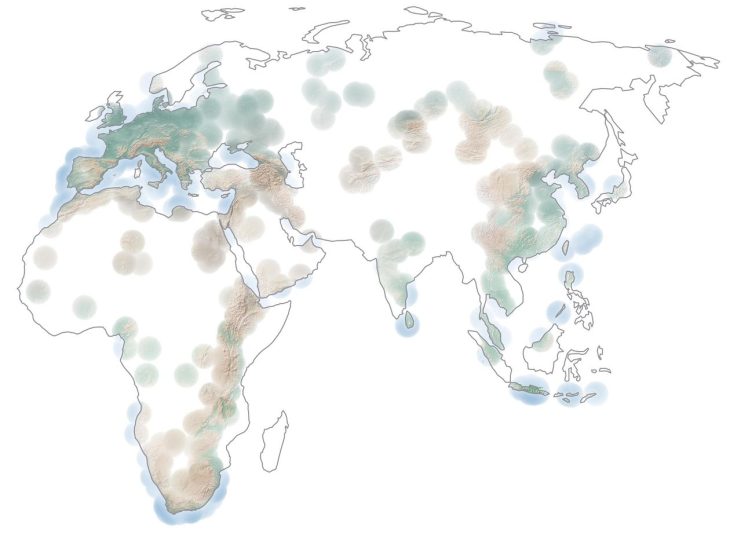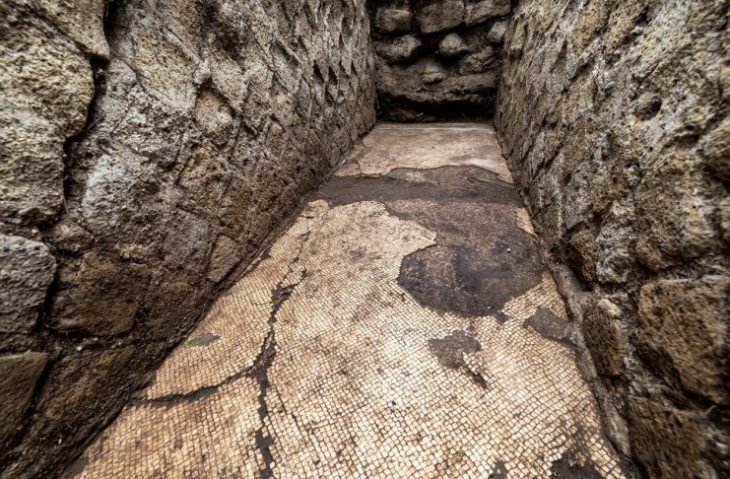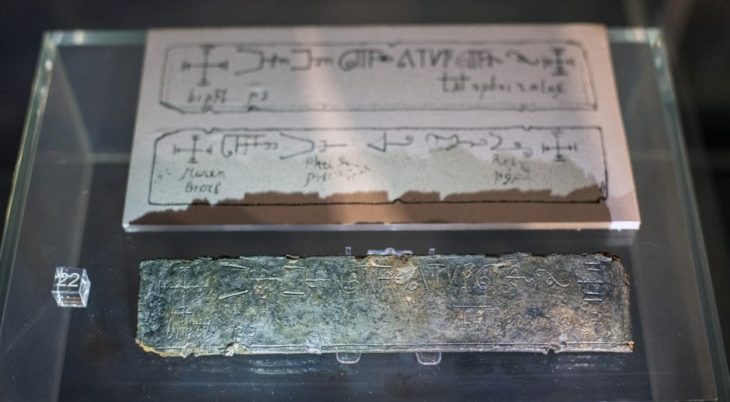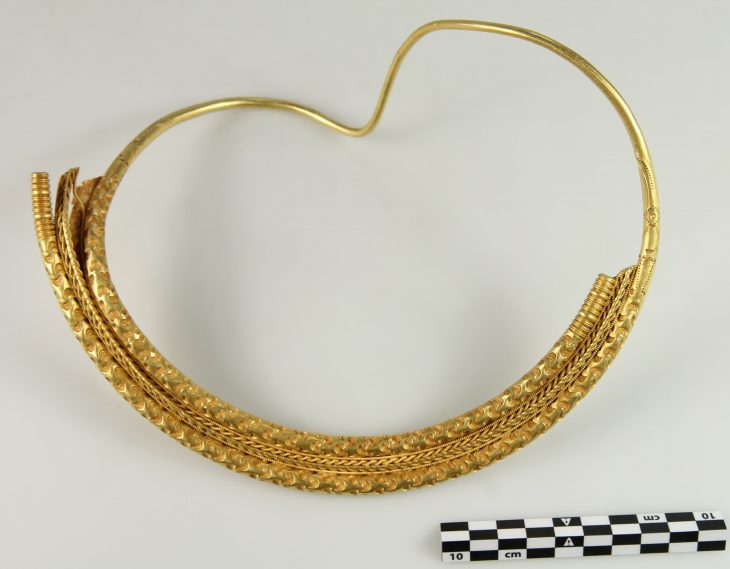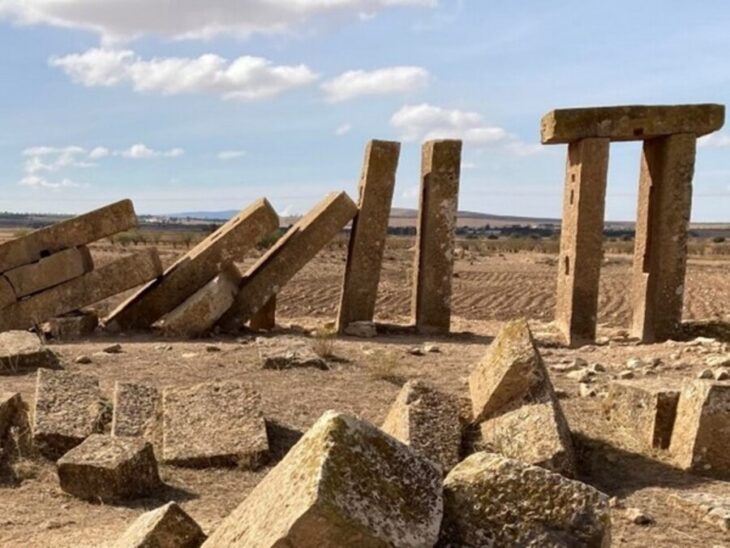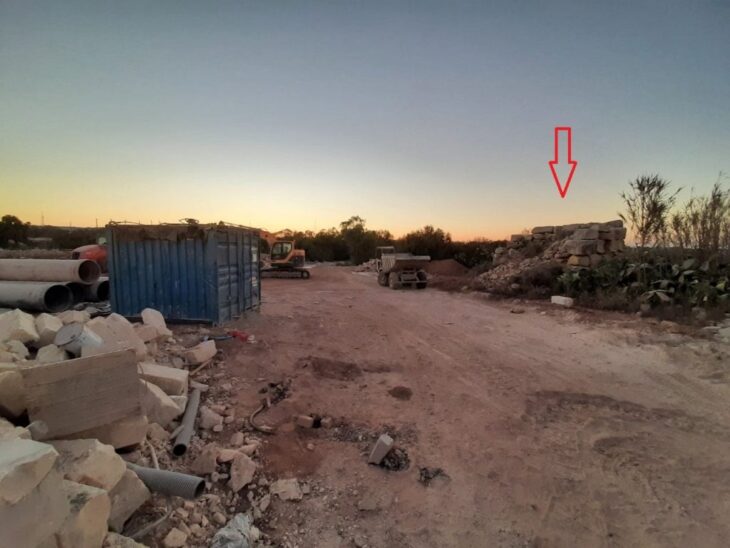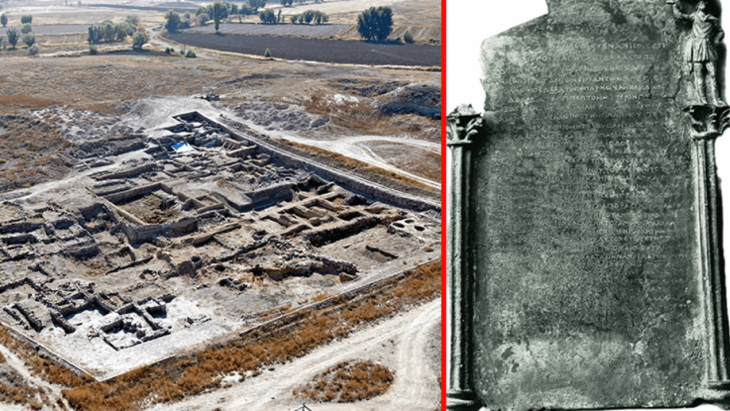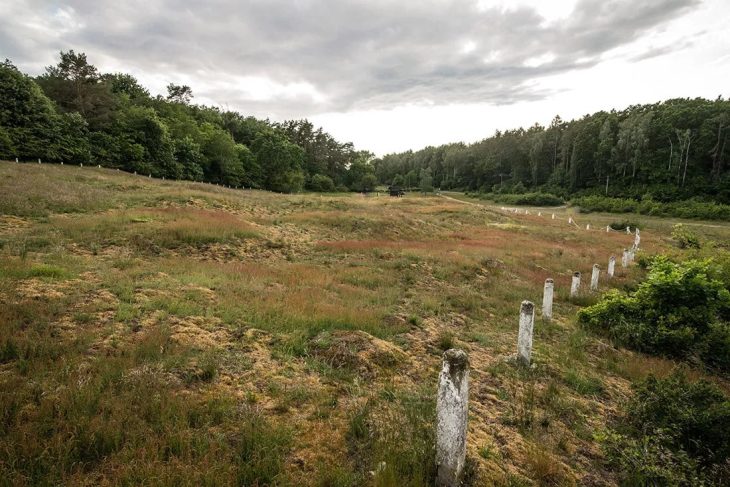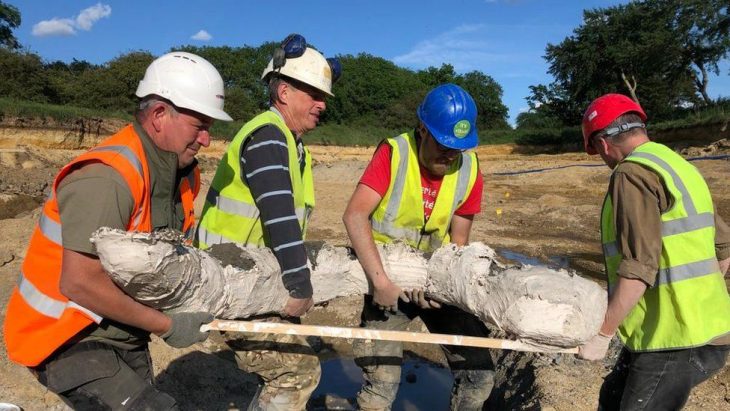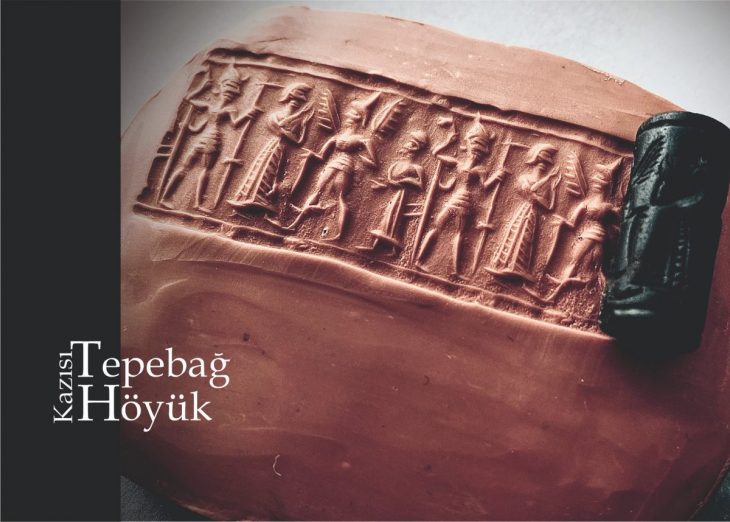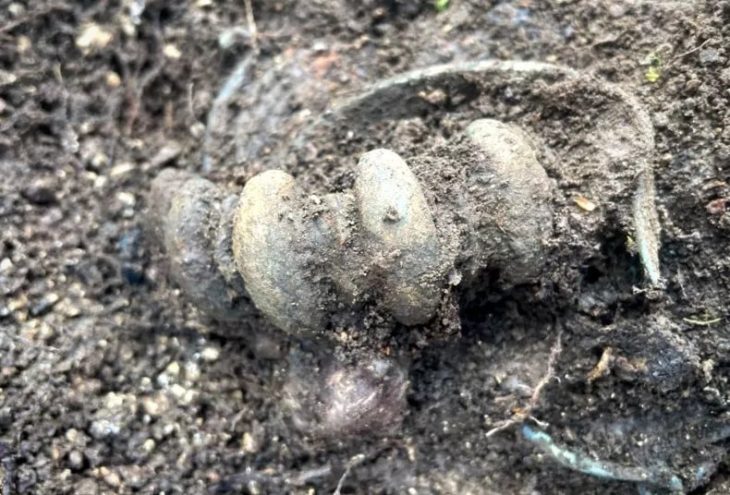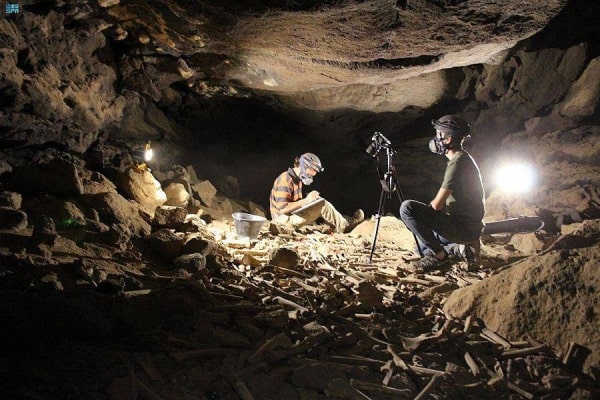In the Kuşadasi region of western Turkey’s Aydin, archaeologists and scholars unearthed an approximately 2,000-year-old ancient Roman aqueduct.
Experts believe the waterway transported water to the world-famous ancient city of Ephesus.
The discovery came just two weeks after a team from the Aydn Archeology Museum began a field investigation in a 24-acre olive grove in Kuşadas’ Ikiçeşmelik district.
Researchers dug 250 boreholes at a depth of 1 1/2 to 2 meters. After discovering the remnants of a 50-meter-long, 2 1/2-meter-wide, and 1 1/2-meter-high aqueduct beside a well, the investigation was enlarged.
The aqueduct is thought to have been built in the first century B.C. during the early Roman period.
📣 Our WhatsApp channel is now LIVE! Stay up-to-date with the latest news and updates, just click here to follow us on WhatsApp and never miss a thing!!
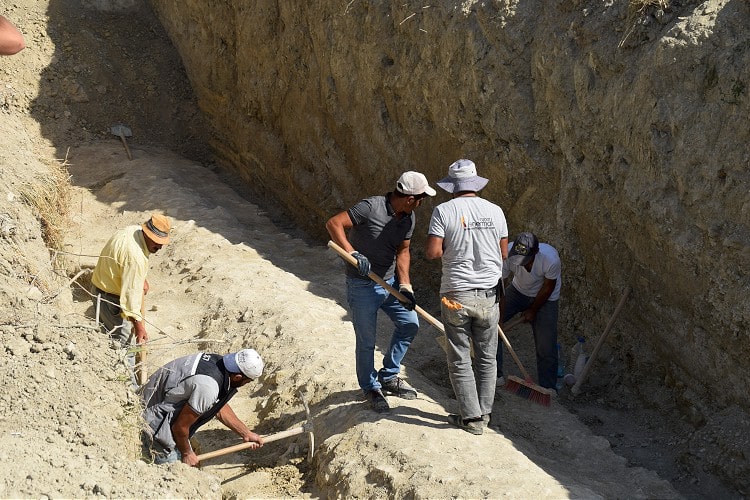
The research also revealed that the aqueduct might have been one of the water conduits leading to the ancient city of Ephesus in Izmir, which borders Aydin.
“At the time, this channel transported water to the ancient city of Ephesus in Izmir’s Selçuk. We think that it was part of a 43-kilometer (26.7-mile) network. The building was surrounded and protected. Aydın is a city that has hosted important civilizations,” said associate professor Umut Tuncer, the provincial director of culture and tourism.
“It is in a unique position both in terms of cultural tourism and the quality of its historical sites. We carefully protect the cultural heritage of our city,” he added.
The Aydın Archeology Museum has previously discovered many more aqueducts in the city. Their teams of experts are working hard to discover and protect historical sites and structures.
“Ephesus, an ancient metropolis, depended on Kuşadası for its water supply. We have discovered numerous aqueducts here. We have also mapped them. This early Roman aqueduct, which is a closed basin water channel, may have been the main line of supply to Ephesus. We will secure the area to protect the structure,” Aydın Archeology Museum Director Abdülbari Yıldız said.
Source: DHA

